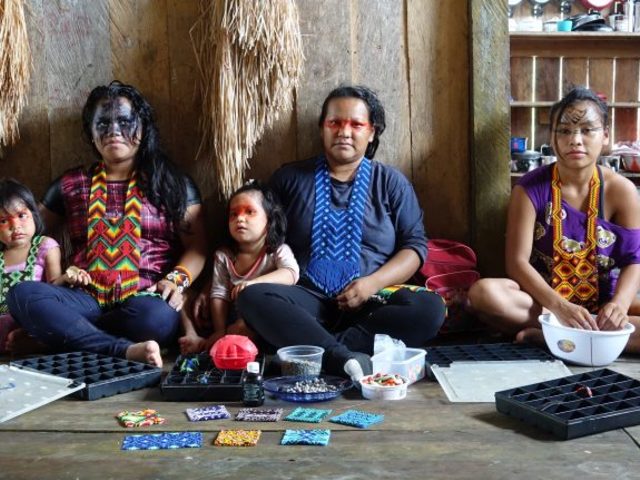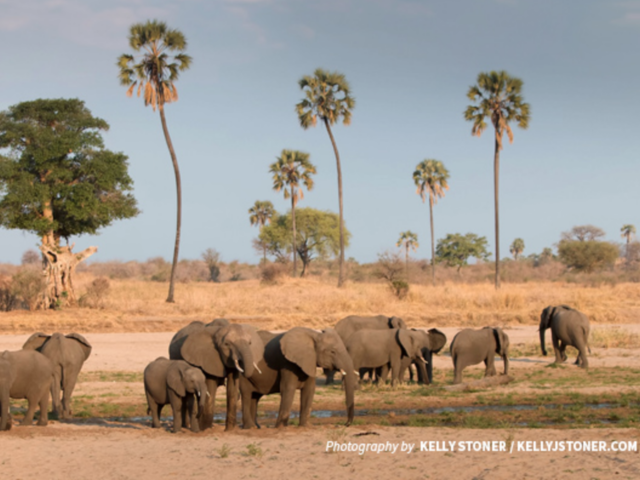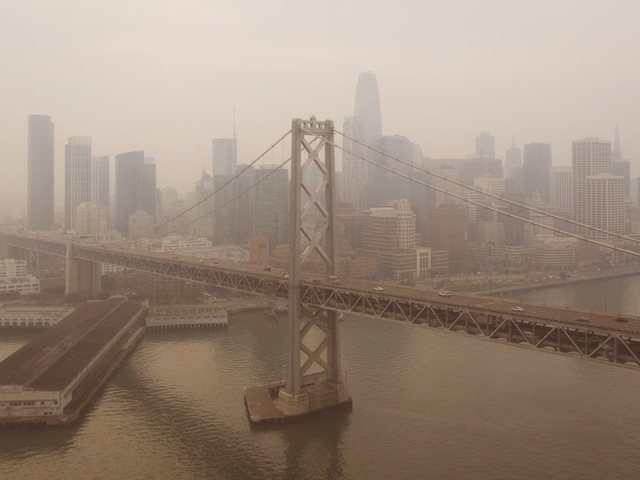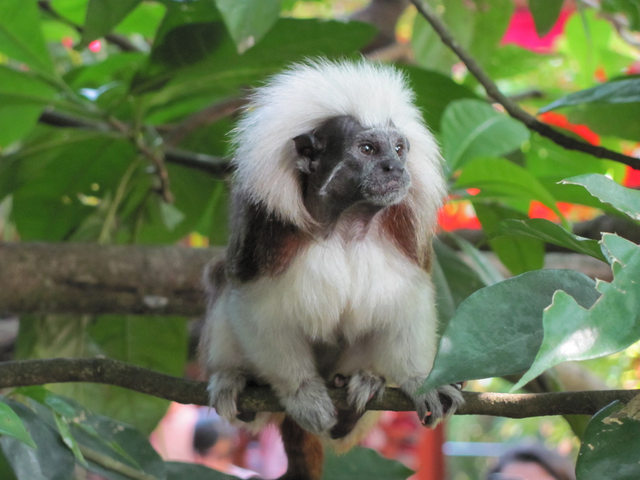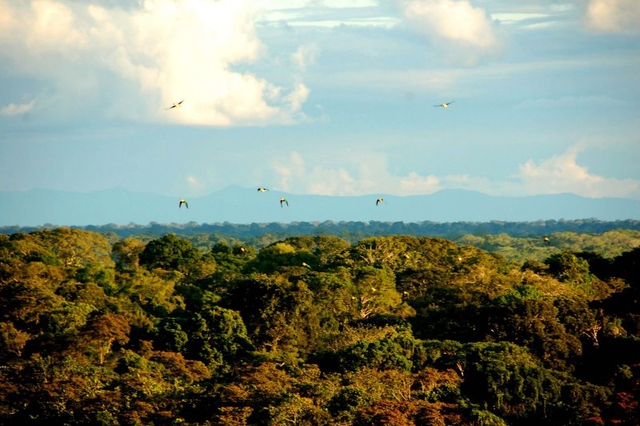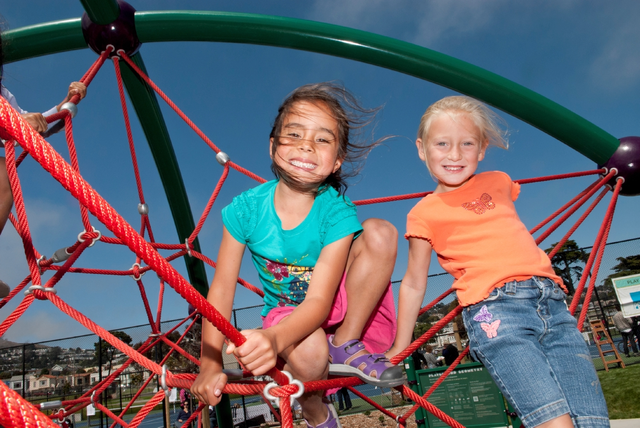Rainforests play a critical role in the fight against global warming as they remove manmade carbon emissions from the atmosphere. But every year, we lose an area of tropical rainforest the size of South Carolina. Whether or not the rainforests survive depends in large part on the people who call these places home—the stewards of the forests. An estimated 20 million indigenous people live in the Amazon rainforest alone. They maintain the forest and also depend on it for food, water, shelter, and income. The forest is part of their culture and way of life. When forest communities are forced to leave their homes due to uncertain tenure rights, unsustainable development, or climate change, forests lose their best keepers, and communities lose their traditional livelihoods and their cultures. It is ironic that indigenous people are best equipped to preserve the ecosystems the planet needs to survive but are also among the first to face the impacts of climate change, for example in the form of extreme droughts and floods. One way to stop this is to reduce global greenhouse emissions, 20 percent of which result from forest loss and degradation. Supporting local communities in their efforts to conserve their forest homelands has an impact that goes far beyond the borders of the Amazon.
A few years ago, Forest Trends’ Communities Initiative and the IKEA Foundation formed a partnership to do just that: to assist the Yawanawa and Surui indigenous people to remain and thrive on their combined 400,000 hectares of forest homelands in the Brazilian Amazon. hoping that the impacts of this work would be global. The partnership “Our Rainforest, Our Home” focuses on creating new and sustainable sources of income, improving food security, access to medicinal plants, and providing education suited to their needs.
To develop viable livelihoods, Forest Trends consulted with the women in these communities to identify an income-generating activity that respects their land and promotes their cultures. The consensus was to focus on artisanal enterprises. We provided technical support and access to markets to help them launch their jewelry-making business. Today, sales from this new endeavor have increased the communities’ household income by 10%. As a result, the Yawanawa’s Rautihu and the Surui’s Arte Paiter are recognized brands with increasing sales. In fact, the Yawanawa are designing products for the Brazilian clothing brand FARM, a bold move away from the cultural appropriation that is common in the fashion world.
To generate sustainable income, improve food security, and traditional healthcare, this partnership is also investing in climate-resilient agroforestry systems that combine western approaches with indigenous people’s knowledge of forest management, making use of the Amazon’s bountiful harvest of food and medicinal plants. To this date, 62 agroforestry plantations have been established and close to 150 youth have been trained in producing their own food and medicinal plants through agroforestry. They are growing and harvesting Brazil nut, babaçu, açaí, banana, and cocoa, among other products, which are then sold to regional and national markets. In addition, they are learning from older tribal members how to use medicinal plants to prevent deaths from snake bites and to cure other ailments.
The partnership has also created a “Cultural Mediators” program that trains indigenous teachers to integrate their traditional cultural values as well as environmental awareness in the school curricula. They teach younger generations to value their cultures and also reflect upon their role as stewards of their forests. This program also provides guidance on territorial governance and natural resource management to build resilience and adaptation to climate change, and trains new leaders to represent their communities.
The partnership between the IKEA Foundation and Forest Trends’ Communities Initiative directly supports the Yawanawa and Surui to manage their forest lands, strengthen their livelihoods, and preserve their cultures. This local work, in turn, will have global impacts and keep their forests standing to help fight global climate change.
We are thrilled with the IKEA Foundation’s renewed support for this work which is essential for the Yawanawa and Surui to continue to call their rainforests home.
